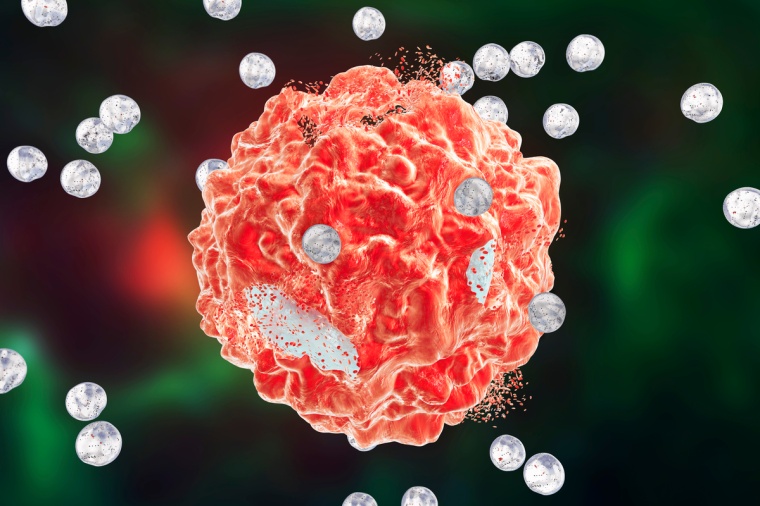Germany’s Merck Expands CDMO Footprint
Germany’s Merck has opened its second production facility for viral vectors at Carlsbad, California, a move the company said significantly expands its global CDMO footprint. The new €100 million plant will more than double the company’s existing capacity to support large-scale commercial and industrial manufacturing for viral gene therapy.
Customers for the two plants’ output are pharmaceutical producers engaged in cell and gene therapy, a market Merck says is expected to grow to $10 billion by 2026, driven by the industry’s rapid adoption of viral vector-based therapies.
Between them, the two facilities have 30 cleanroom suites to support all aspects of manufacturing from small- to large-scale clinical and commercial production and are said to deploy cutting-edge suspension technology to enable scalable and cost-effective manufacturing.
Most gene therapies target rare diseases, but there is an urgent need to efficiently manufacture these treatments to reach larger patient populations,” said Matthias Heinzel, member of Merck’s managing board and CEO Life Science. As a leader in viral vector manufacturing, Heinzel said the company is increasing its capacity and scale to help drug development customers bring new curative treatments to market.
One of the first CDMOs to be granted approval for viral vector manufacturing from both the US Food and Drug Administration and European Medicines Agency, Merck has a background of nearly 30 years of experience in cell and gene therapy, which it said enables it to offer unique CDMO services.
The Darmstadt-based company said the production upgrade fits with its Life Science arm’s ambition to accelerate growth through investments in “Big 3” businesses. This includes plans to expand Process Solutions’ contract services for traditional and novel applications.
Author: Dede Williams, Freelance Journalist



















